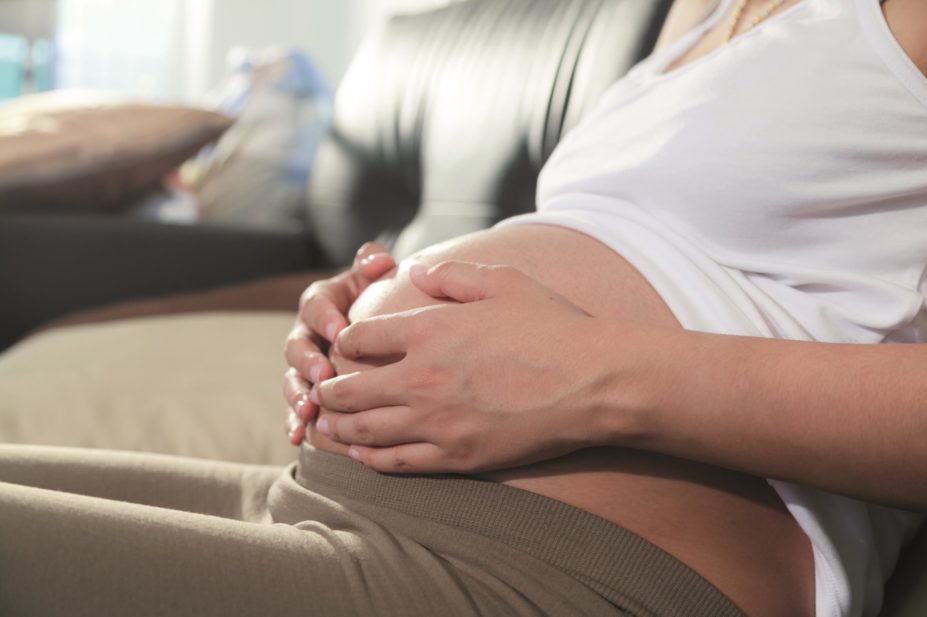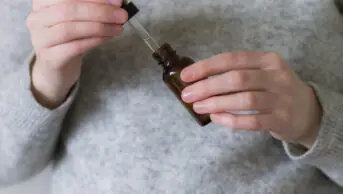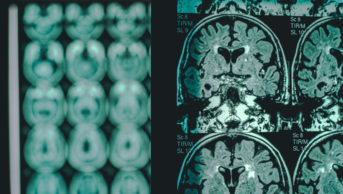
Shutterstock.com
Experiments in rodents suggest that exposure to selective serotonin reuptake inhibitors (SSRIs) during foetal development increases the risk of depression later in life. However, no studies in humans have followed up SSRI-exposed children beyond the age of six years.
Researchers studied data from Finland comparing 15,729 children who had been exposed to SSRIs with 9,651 children whose mothers had a psychiatric disorder but did not take SSRIs during pregnancy.
They found that, up to the age of 14.9 years, the incidence of depression among children in the first group was 8.2% compared with 1.9% in the second group, equating to a 78% increase in the risk of depression.
Reporting in JAACAP (2016;55:359-366)[1]
, the researchers say that further research is urgently needed to confirm the findings, which they caution must be weighed against the risks of untreated maternal depression.
References
[1] Malm H, Brown AS, Gissler M et al. Gestational exposure to selective serotonin reuptake inhibitors and offspring psychiatric disorders: a national register-based study. JAACAP 2016;55:359-366. doi: 10.1016/j.jaac.2016.02.013.


